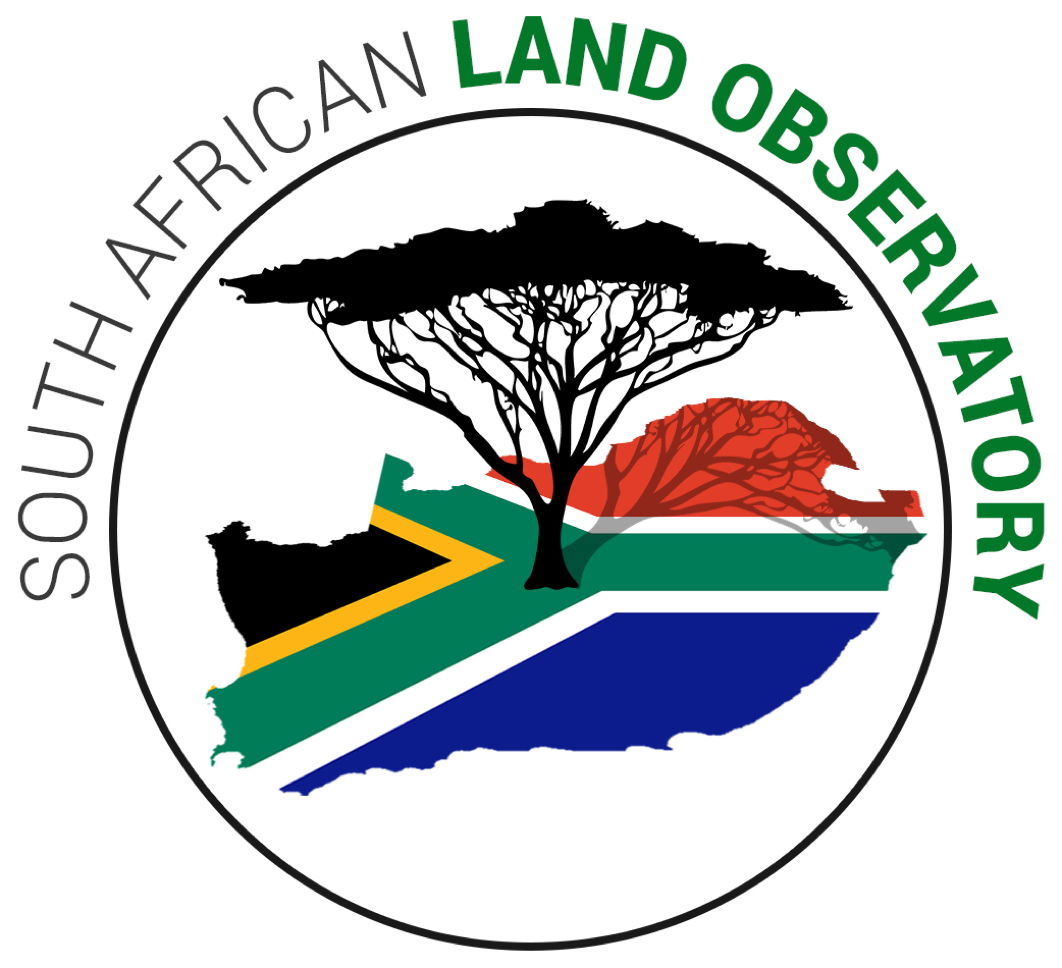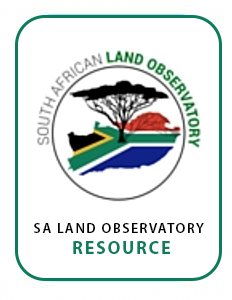Location
The South African Land Observatory is an initiative whose overall objective is to promote evidence-based and inclusive decision-making over land resources in South Africa. As its name ‘Observatory’ suggests, it collects data and information on land. The initiative is a repository of what is published on land in South Africa and on the events that take place around land in South Africa. In addition, it makes user-friendly land-based information available to all stakeholders with the aim of creating an informed land community in South Africa, through facilitating access to data, information and networking. It is, most importantly, a one-stop help desk for the land community to debate the pressing questions of land ownership and land use in South Africa.
Members:
Resources
Displaying 21 - 25 of 110Over 5 years Africa has lost forests the size of England, this is how to create a trade-off
Deforestation remains a persistent environmental challenge in Africa. The Food and Agriculture Organization (FAO) estimates that between 2010 to 2015 alone, the continent experienced a net loss of around 17 million hectares of forests. To put this in perspective, this is equivalent to more than 1.3 times the total land size of England. It is also a major driver of carbon emissions
Stakeholder Analysis In The New Land Conflicts Under The Background Of Urbanization
In the accelerating process of urbanization and social transition era, industrialization, urbanization and construction of urban-rural integration also inevitably leads to the land expropriation, land conflicts have become important issues in the development process.
Women’s land rights, rural social movements, and the state in the 21st-century Latin American agrarian reforms
This paper addresses the disjuncture between women’s formal land rights and their attaining these in practice, examining the four agrarian reforms carried out by progressive governments after 2000 in Bolivia, Brazil, Ecuador, and Venezuela. It finds that while all four strengthened women’s formal land rights, only the reforms in Bolivia and Brazil resulted in a significant share and number of female beneficiaries.
Economist Josh Ryan-Collins: How Land Disappeared from Economic Theory
Land. Neglected, obfuscated but never quite completely forgotten, the story of Land’s marginalization from mainstream economic theory is little known. But it has important implications. Putting it back in to economics, we argue in a new book, ‘Rethinking the Economics of Land and Housing’, could help us better understand many of today’s most pressing social and economic problems, including excessive property prices, rising wealth inequality and stagnant productivity. Land was initially a key part of classical economic theory, so why did it get pushed aside?
How a Proposed Strip Mine Brought Conflict to South Africa’s Wild Coast
Identified the sand dunes that extend along the coast of eastern Pondoland and up to two kilometers inland as among the world’s 10 richest reserves of ilmenite, the ore that contains the metal titanium. MRC’s South African subsidiary Transworld Energy and Minerals (TEM), with a local partner, the Xolobeni Empowerment Company (Xolco), has applied for mining rights. But, far from embracing this project as a potential economic boon, many of the residents of the five villages adjacent to the dunes reject it. They say their world would be destroyed by mining.






